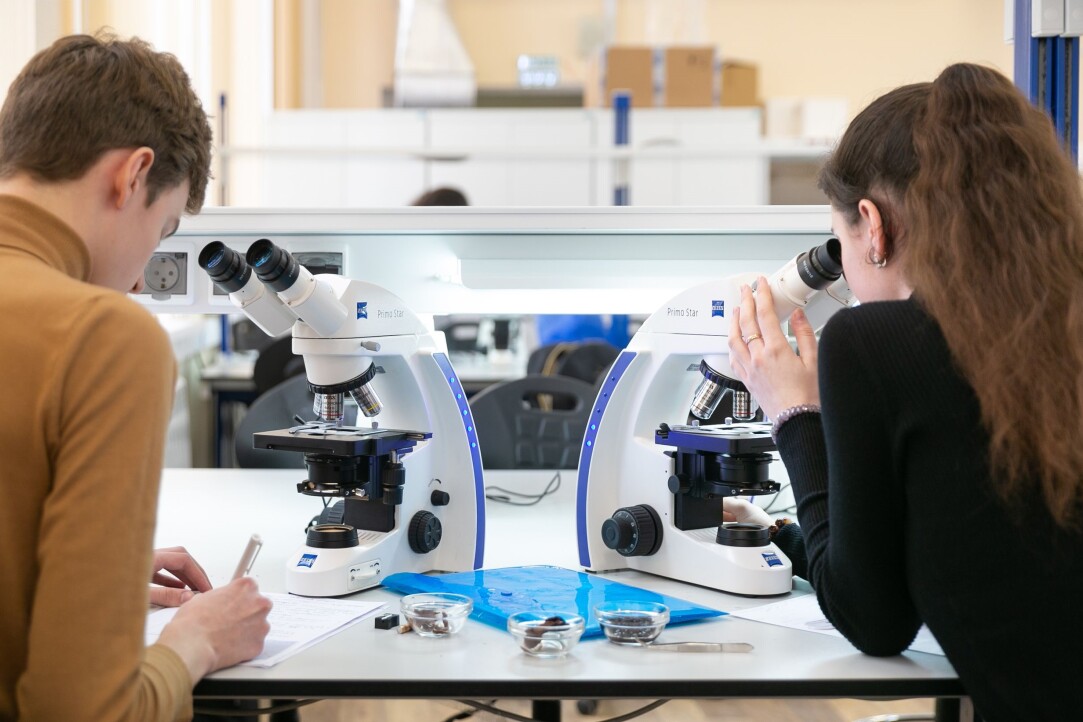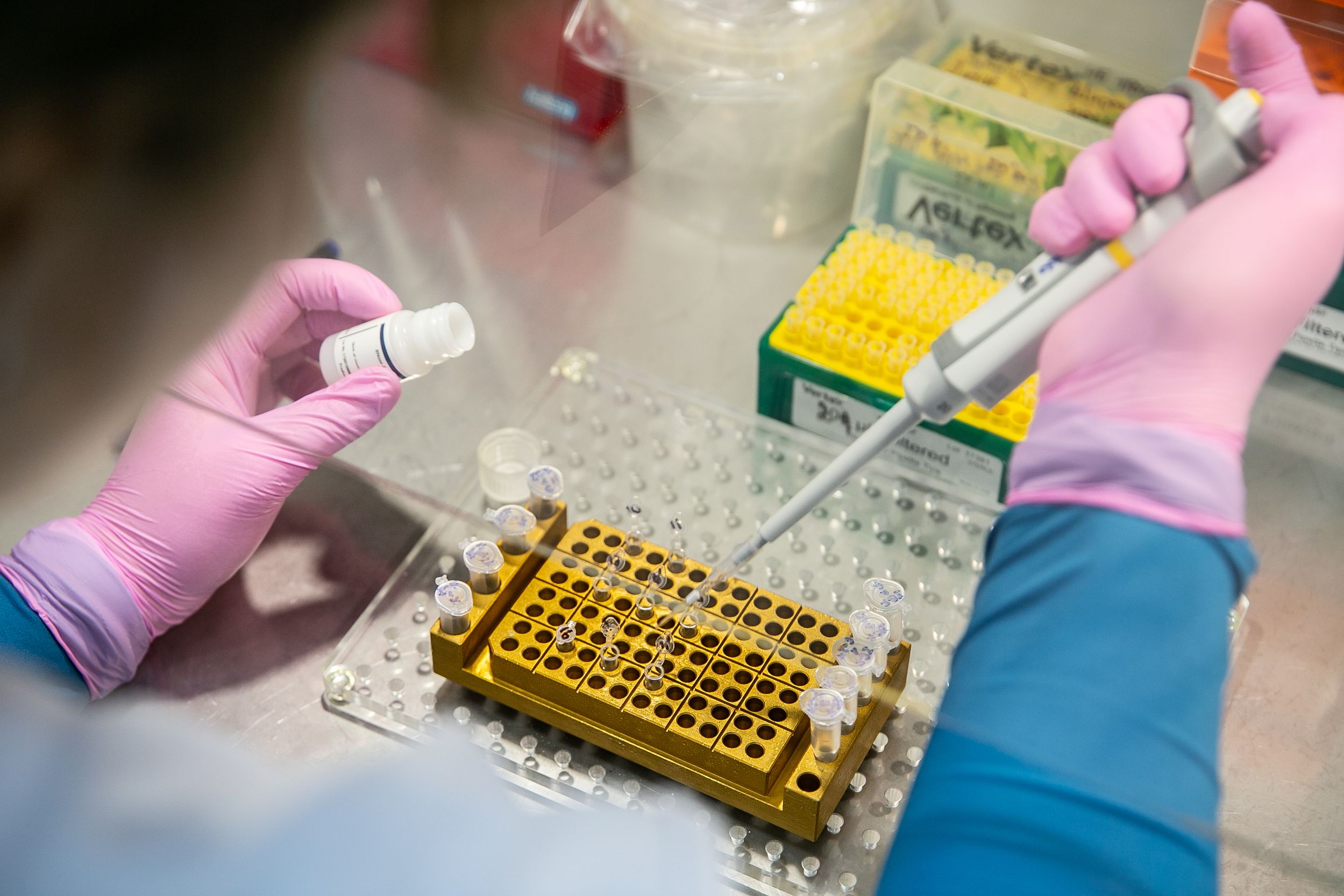HSE University Launches New Master’s Degree Track ‘Plant Biotechnology’

The new track will be launched in September 2024 in the Master's Programme ‘Cell and Molecular Biotechnology’ at the HSE Faculty of Biology and Biotechnology. Students will master modern methods of plant genetic and cellular engineering, genetic and marker selection, genome editing, proteomics, phenomics, and acquire skills in the bioinformatic processing of plant genomic data. The educational trajectory will be implemented in collaboration with the All-Russia Research Institute of Agricultural Biotechnology.
In recent years, agriculture has become one of the fastest-growing sectors of the Russian economy. According to the Institute for Agrarian Studies at HSE University, accelerating the implementation of innovations and the development of biotechnologies is necessary to increase the competitiveness of the industry. Therefore, there is a pressing need for training specialists in modern genetics and plant biotechnology who can develop new technologies and effectively apply their knowledge in breeding practice.
The HSE Faculty of Biology and Biotechnology is ready to meet this challenge and will open up a new track, ‘Plant Biotechnology,’ as part of the Master's Programme ‘Cell and Molecular Biotechnology’, starting in September 2024.
The ‘Plant Biotechnology’ track will be implemented in a network format in collaboration with the All-Russia Research Institute of Agricultural Biotechnology (ARRIAB). The institute has a long history and over the years has become a major scientific centre known worldwide for its fundamental research and important applied developments in molecular biology, genetics, and agricultural biotechnology. Master's students will be trained in specialised disciplines using ARRIAB resources. Practicing lecturers and scientific staff of the institute will be involved in the educational process, conducting practical sessions and lectures on its basis. Master's students will be able to carry out their research in ARRIAB laboratories and participate in major scientific projects.

With choosing the ‘Plant Biotechnology’ track, in addition to gaining basic knowledge of plant physiology, biochemistry, and genetics, graduate students will master modern methods of plant genetic and cellular engineering, genetic and marker selection, genome editing, proteomics, phenomics. They will acquire skills in bioinformatic processing of plant genomic data to solve current tasks that contribute to accelerating the selection process and developing new plant genotyping methods.
Another feature of the new master's track is the emphasis on practical activities of students: mastering modern technologies for working with plant cell and tissue cultures, developing methods for assessing plant genetic polymorphism, creating vector systems for obtaining plants with specified properties, developing technology for introducing new plants into in-vitro culture to replenish bioresource collections.
Graduates of the programme who complete their training on the network trajectory will possess a wide range of interdisciplinary knowledge and skills required for biotechnologists, making them in-demand specialists in both scientific and educational organisations and in high-tech commercial companies creating advanced developments in plant biotechnology.

Corresponding Member of the Russian Academy of Sciences, Dean of the HSE Faculty of Biology and Biotechnology
Launching the ‘Plant Biotechnology’ trajectory in collaboration with partners from ARRIAB, within the master's degree programme, will allow us to train highly qualified specialists in one of the priority areas of scientific and technological development of Russia—the transition to high-yield and environmentally friendly agriculture and ensuring food security of the country. The All-Russia Research Institute of Agricultural Biotechnology is one of the leading scientific organisations in Russia in the field of developing new technologies for creating promising forms of agricultural plants. Our students will have a unique opportunity to gain marketable knowledge and practical experience in the field of molecular biology, genetics, breeding, and bioinformatics of agricultural plants.
To enrol in the ‘Plant Biotechnology’ trajectory, submit documents as part of the general application process (see more details here). The particular trajectory choice is to be made after admission by submitting an additional application.
See also:
300 million tonnes
of concentrated agricultural and forest waste are produced by Russian industry each year. Refining and using this waste as energy would allow Russia to hold a respectable place in the emerging markets of biotechnology products and bioenergy.


